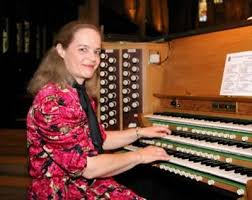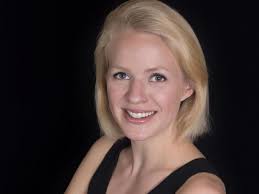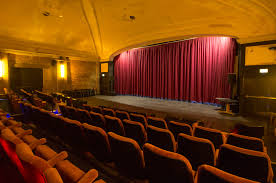Beethoven Symphonies
ARTHAUS 102175/6/7
Dvorak Symphony No8
BR KLASSIK 900145
Bavarian Radio Symphony Orchestra, Mariss Jansons
The Beethoven symphonies are issued on three DVDs with three symphonies on each in chronological order. They were recorded live while the orchestra was on tour in Japan, from the Suntory Hall in Tokyo in 2012. They certainly make for exciting listening and an excellent insight into Mariss Jansons conducting style. The early symphonies are rapidly paced with an enthusiasm we expect of Haydn though there is no let-up in the later works, the cycle coming to a triumphant end with a radiant choral symphony.
The Dvorak is also a live recording and the disc includes Suk’s fine Serenade for Strings and Dvorak’s Karneval overture. The symphony is, as with the early Beethoven, driven with panache and fire. In all, a fine tribute to both orchestra and conductor.
RSC: Henry V
OPUS ARTE 0A 1206 D
This release completes the set which started with David Tennant’s Richard II and moved through Antony Sher’s fine Falstaff in Henry IV 1&2. Here, more than anything else, it is the ensemble playing which impresses and the frequent intimacy of the relationships. Oliver Ford Davies is a superb Chorus and sets the standard for all that is to come. We now have two sets of these plays, with the equally impressive but very different approach from the Globe. As a Shakespeare lover I am very glad to have both!
Beethoven: Fidelio
Zurich Opera House, Nikolaus Harnoncourt
ARTHAUS 109223
It is Jonas Kaufmann’s heroic Florestan which is the obvious selling point for this new release, though the rest of the cast are equally fine with a sterling Rocco from Laszlo Polgar and a radiant Leonore from Camilla Nylund who is also dramatically convincing.
Nikolaus Harnoncourt’s conducting is rapid and tight for most of the evening but he dwells on O namenlose freud though the singers do not actually make eye contact. The production by Jurgen Flimm is conventional and the final scene over static but the music makes up for any minor short-comings visually.
Overtures from the British Isles Vol2
BBC National Orchestra of Wales, Rumon Gamba
CHANDOS CHAN 10898
It is too easy to overlook works like this and it is a shame that orchestral planners do not slip them in at the start of more popular programmes. After all there is nothing here to frighten the horses and much to enjoy. The Walton, Quilter and Coates will be familiar but it is good to hear Ethel Smyth’s The Boatswain’s Mate and Walter Leigh’s Agincourt. Let us hope there is still more to come.
Beethoven: Complete Sonatas for Piano and Violin
Tasmin Little, violin; Martin Roscoe, piano
CHANDOS CHAN 10888(3)
While I understand the interest in recording the ‘whole’ of something there is a case for indigestion if one is not careful. While I greatly admire these works, I needed to spread out the listening to the three CDs in order to more fully enjoy them. The playing is excellent throughout and the more familiar pieces – the Spring and the Kreutzer – respond well, but I found a need to intersperse with other works in order to enjoy them more. Make the effort – it is well worth it.
Cellos concertos by Hasse, CPE Bach and Hertel
Alexander Rudin, cello & conductor, Musica Viva
CHACONNE CHAN 0813
As we delve ever deeper into the archive it is a constant amazement to find the wealth of fine music still to be discovered. While CPE Bach is familiar few will be well aware of chamber works by either Johann Adolph Hasse or Johann Wilhelm Hertel. Hasse is better known as an opera composer but this concerto comes from a massive collection from Wiesenthied near Wurzburg. It probably dates from the 1720s and is uncharacteristic of his later more florid style. Of the known cello concertos by Hertel, two are recorded here, and both have an improvised cadenza in the slow movement. A useful addition.
Friedrich Theodor Frohlich: Complete String Quartets
Rasumowsky Quartet
CPO 555 017-2
There are four string quartets here and if I had come across them by accident would have thought I was listening to some unfamiliar Beethoven. The works have an interesting history, and have yet to be fully studied and edited. A Swiss national, Frohlich has been accused of poor writing technique and plagiarism, though this is certainly not evident to the listener. The tensions between classical form and a yearning towards romanticism can be felt throughout and it would seem that his lack of success as a published composer was more a matter of circumstances in Berlin where he was working as a teacher than of the quality of the compositions themselves. Well worth investing in this cd.




